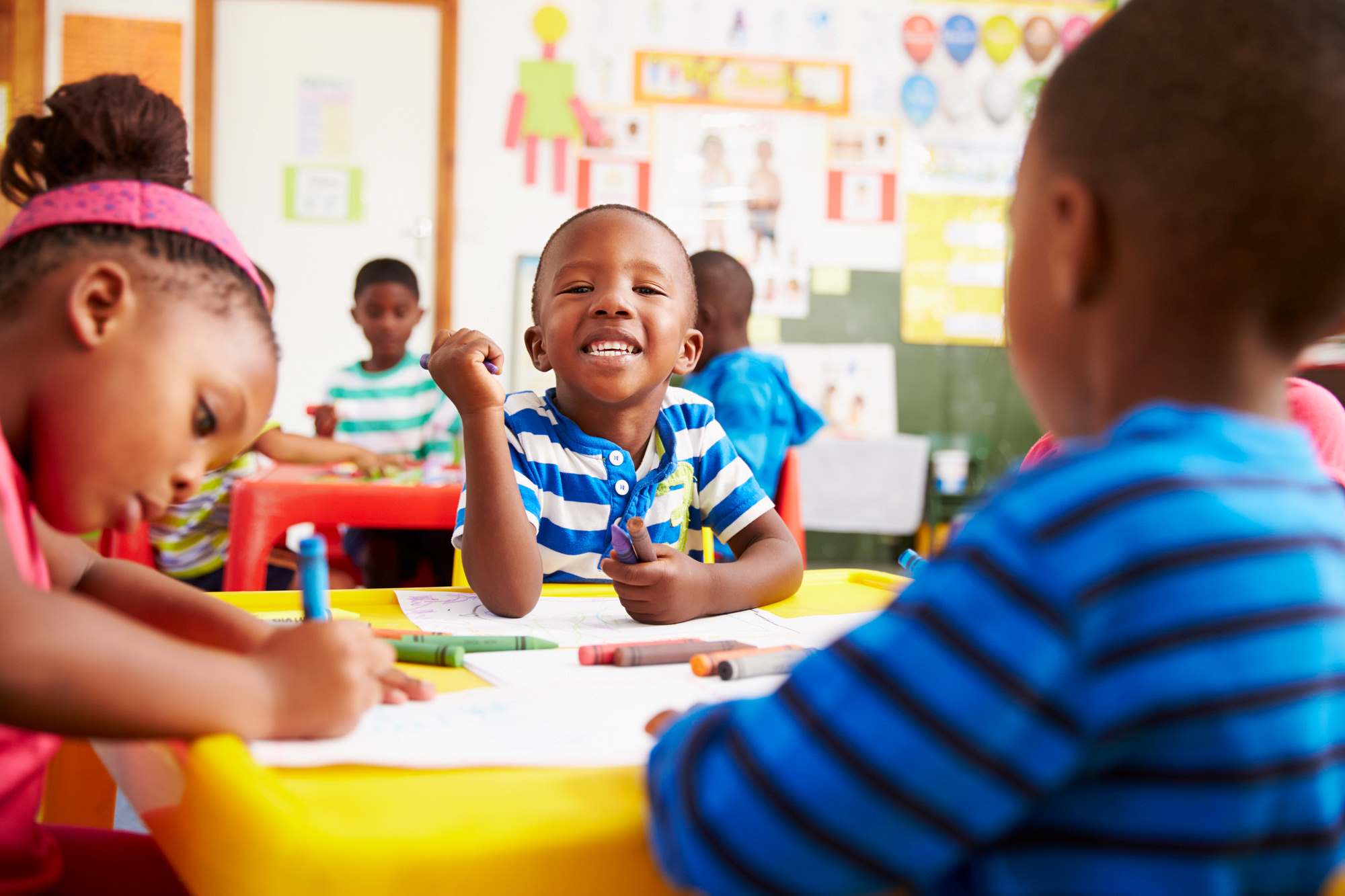
Laying a solid foundation during the early years of a child’s education becomes paramount for them to survive and thrive in this ever-evolving world. Nurturing a child’s intellectual and emotional growth isn’t confined to just presenting them with a wealth of information. A structured approach to learning, a method that leverages organized and systematic techniques to facilitate the absorption and retention of knowledge, can play a pivotal role in shaping young minds.
First, however, it’s important to understand that structured learning doesn’t imply an inflexible, rigid structure that stifles creativity or curiosity. Likewise, there’s so much intricacy that surrounds this, too, such as getting a grasp on the difference of pre kindergarten and kindergarten among many other facets. Quite contrarily, it represents a balanced approach where a well-planned curriculum is intertwined with spontaneous and exploratory activities. This symbiotic relationship creates an environment where children feel safe to explore and learn, armed with confidence from clear guidance and a consistent routine. Through this structure, children can build critical skills, including problem-solving, leadership, and collaboration, that will serve them well in the future.
This article invites you to explore the benefits of structured learning in the early years, bringing positive benefits for your kids, not just for the present but also for the long-term future.
It Teaches Kids To Stay Focused To Finish Tasks
In a structured learning environment, children are gently guided to remain engaged with a particular activity for a sustained period. They learn to manage distractions more effectively, a skill incredibly pertinent in today’s digital age, characterized by a bombardment of stimuli vying for attention.
Through structured learning, children are often introduced to progressively challenging tasks, requiring incrementally higher levels of concentration and effort. This systematic approach enables children to build their endurance in focusing, gradually expanding their ability to engage deeply with more complex tasks.
Furthermore, staying focused forms a critical basis for developing other essential skills, such as problem-solving and critical thinking. When children learn to concentrate on a task, they’re better able to absorb and process information, analyze different facets of a problem, and formulate solutions with a clear, focused mind. With deep roots in focused learning, children are more likely to grow into individuals capable of easily handling complex, multi-faceted tasks.
Most importantly, learning to finish tasks fosters a sense of accomplishment and self-efficacy in children. As they work through one, overcome challenges, and reach the end goal, they internalize the powerful lesson that they can achieve what they set out to do. This positive reinforcement not only boosts their self-esteem but also fuels a virtuous learning cycle, where the satisfaction derived from completing one task motivates them to embark on new learning ventures with zest and enthusiasm.
It Opens Young Children Up To The Concept Of Time Management
Through engaging in time-bound activities and assignments, children learn to gauge the passage of time, developing an innate sense of how to apportion their efforts appropriately to complete tasks within given timeframes. This early exposure to the discipline of time management fosters a sense of responsibility and foresight, traits that are crucial in navigating the demands of academic pursuits and, later on, the professional world.
As children learn to manage time effectively, they inadvertently cultivate essential life skills such as planning and prioritization. Through guided exercises, they’re encouraged to identify tasks of importance, allocate time judiciously, and devise strategies to accomplish their goals efficiently.
Not to be overlooked is the positive impact of learning time management on a child’s sense of autonomy and empowerment. As they successfully navigate through tasks, managing their time effectively, they develop a burgeoning confidence in their abilities.
It Improves Young Children’s Social Skills
In the tender years of early childhood, the foundation of many vital life skills are laid, including social skills. Structured learning environments play a significant part in honing these, preparing children to navigate the social complexities of the world with empathy, understanding, and cooperation. Through structured learning, young children are introduced to a setting where social interactions aren’t just encouraged but are integral to the learning process itself.
Within the structured confines of the classroom or learning space, children are often paired or grouped together to work on activities or projects. This setting fosters a space for children to learn the art of communication. They begin to grasp verbal and non-verbal cues, learning to express themselves clearly and to listen actively to others. These early lessons in communication serve as the cornerstone for building healthy relationships in the later stages of their lives.
Lastly, structured learning environments offer numerous opportunities for children to develop skills such as sharing, patience, and turn-taking. As they work alongside peers, they learn to appreciate the value of cooperation and teamwork. Through guided activities, they also learn to navigate conflicts and differences respectfully and constructively, cultivating a resilient and empathetic approach to dealing with interpersonal challenges.
Final Thoughts
The manifold benefits of structured learning in the early years aren’t merely speculative but are grounded in substantial research and real-world success stories. By offering children a nurturing environment where they can engage in activities that stimulate their cognitive, emotional, and social development, structured learning sets the groundwork for successful, lifelong learning. However, note that the emphasis on structure shouldn’t undermine the importance of unstructured, free-play times—which are equally crucial in fostering creativity and independence. It should, rather, be seen as a complementary approach that gears children towards optimal development.



























